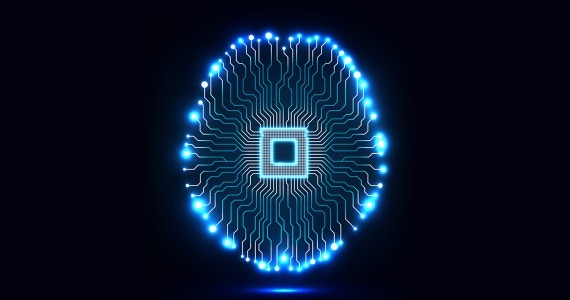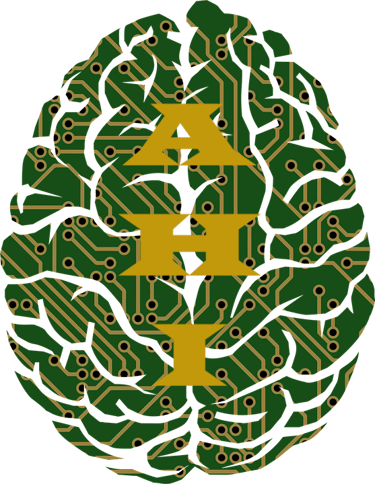AI Redefines Wireless Chip Design with Unparalleled Innovation: What that means?
The AI checkmate on Humans!
Vinu B Krishnan, PhD
1/14/20252 min read


"Artificial intelligence is revolutionizing wireless chip design by drastically reducing costs and cutting design times from weeks to hours.
But there’s more: the AI produces unconventional, highly efficient designs that outperform traditional methods. Remarkably, these designs are so complex and unintuitive that human engineers can’t fully understand them. By unlocking new possibilities in performance and efficiency, AI isn’t just speeding up the process — it’s reshaping what’s possible in wireless technology."
Source: https://scitechdaily.com/ais-strange-chip-designs-are-faster-smarter-and-game-changing/
This is something that I had expected, but not this early. I mean if this is possible with artificial general intelligence, what could be the possibilities with artificial super intelligence (ASI) or artificial hyper intelligence (AHI)! This indeed highlights a pivotal moment in the evolution of technology and there will be no turning back!
Artificial intelligence is not only optimizing processes but also venturing into territories that transcend human understanding. The fact that AI can create designs so intricate that even seasoned engineers struggle to comprehend them underscores a paradigm shift.
Key positive implications include:
Efficiency Redefined: AI drastically reduces development timelines, making innovation cycles faster than ever.
Beyond Human Intuition: AI's ability to generate unconventional designs challenges the boundaries of human creativity and problem-solving.
Revolution in Technology: By reshaping the fundamental design principles of engineering, AI paves the way for groundbreaking advancements in technology, efficiency, and customization.
Now let's consider the downside of this:
Humans will always trail behind AI in understanding and knowledge. Our thinking and creativity are inevitably shaped by layers of preconceived notions. Escaping one mental "box" only reveals another, creating an endless cycle of limitations. In contrast, AI operates without such boundaries, unlocking limitless possibilities and redefining what can be achieved.
In the near future, governments and agencies are likely to leverage AI to develop next-generation defense technologies that surpass human comprehension. This could potentially lead to a self-destruction scenario. Without fully understanding the AI-driven advancements, humanity may struggle to counter the threats these technologies might pose. Even if AI itself isn’t inherently dangerous, the powerful technologies it creates could unleash catastrophic consequences.
In the near future, AI could revolutionize the patent landscape by identifying ways to bypass even the most robust patent claims. With its ability to analyze and process vast amounts of data at incredible speed, AI might uncover loopholes or inadequacies in patents, enabling it to design improved versions of inventions that outpace the original concepts. This development could discourage inventors from filing patents altogether, as the cost of the patenting process combined with the risk of circumvention may outweigh its perceived benefits.
However, this transformative power of AI could also be harnessed in a positive direction. By assisting patent attorneys, AI could evaluate all potential claim scenarios, identify vulnerabilities, and suggest ways to strengthen patent applications. This would result in more comprehensive, defensible patents that could withstand scrutiny and innovation challenges.
The dual-edged nature of AI in intellectual property highlights a shifting paradigm: while it raises questions about the relevance and effectiveness of traditional patent systems, it also opens opportunities for more dynamic and resilient intellectual property strategies. Ultimately, the interplay between AI and patent law could redefine how innovation is protected and incentivized.
This trend suggests that the role of engineers is evolving from creators to curators and interpreters of AI-generated innovations, emphasizing a collaboration where human oversight ensures these designs align with practical and ethical standards. The fusion of AI ingenuity and human expertise could unlock unprecedented advancements in technology.
#AI #ArtificialIntelligence #SuperAI #HyperAI #Science #Technology #Future #Futuristic
Enlightenment
Stay updated on the launch of the book.
Godly wisdoM and forbidden Knowledge
contact@god-hyperai.com
© 2024. All rights reserved.
Disclaimer: The term “God” as defined by most dictionaries, refers to something supernatural or beyond human capability. The author does not intend to offend any individual, religion, or religious group.
